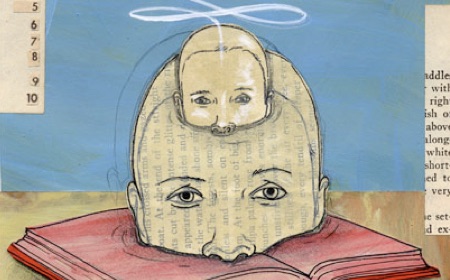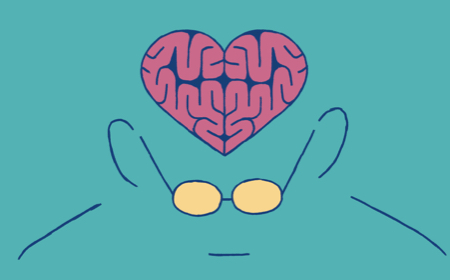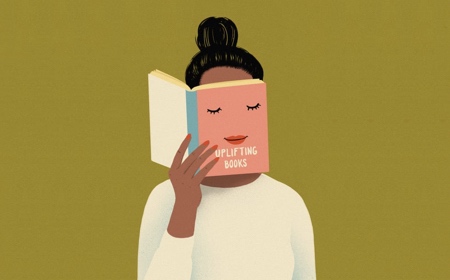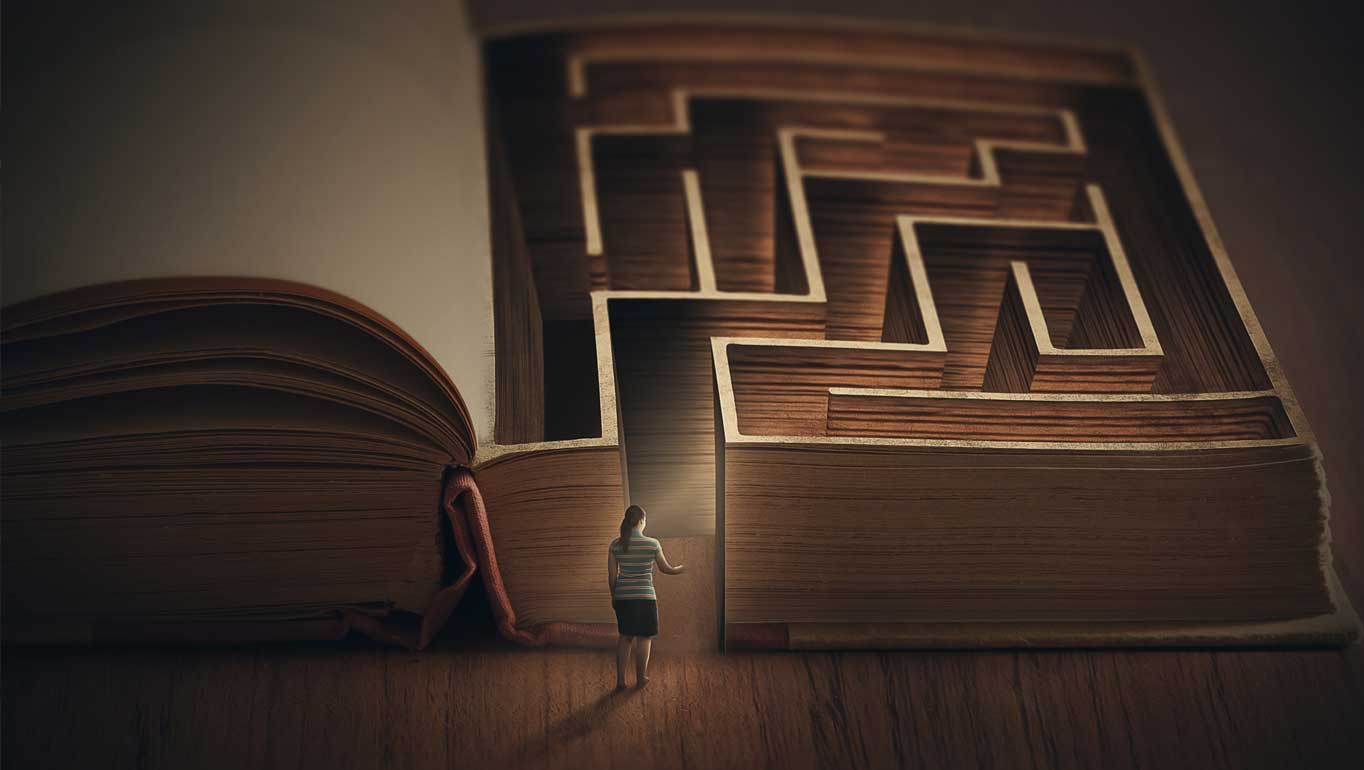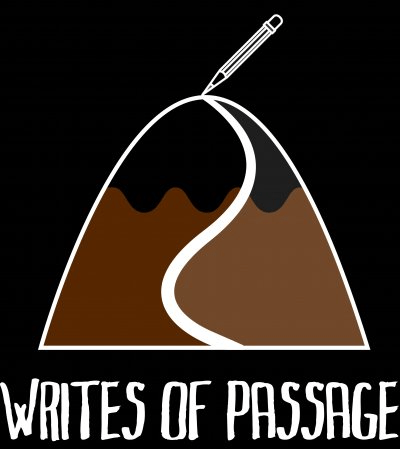Bibliotherapist
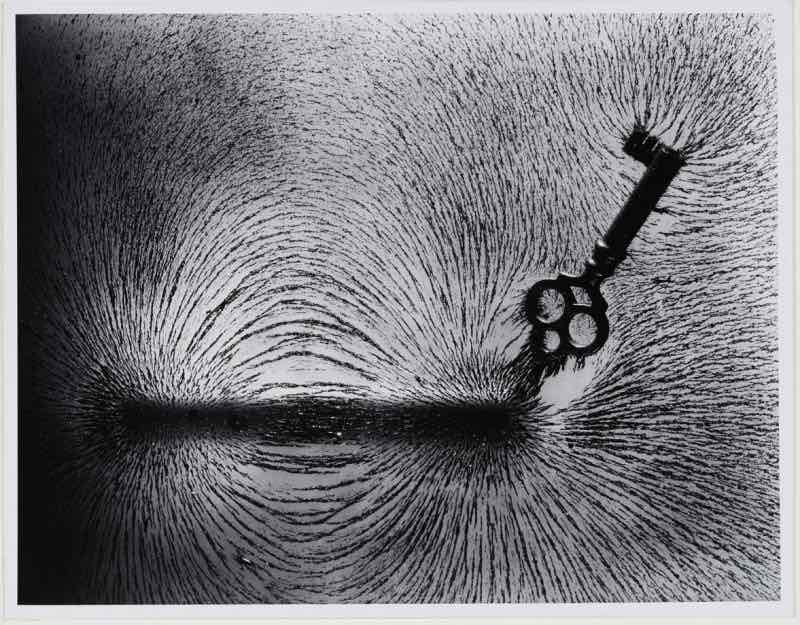
The right book for the right person is not enough. It needs to be the right book, for the right person at the right time. - Johnny Uzan
Many of us have had the experience of magnetising the perfect book to help us with something we are going through or to guide us in a better direction.
A bibliotherapist, or book curator, helps cultivate this as a regular occurrence rather than the occasional flash of lightning.
Perhaps you first experienced this informally with a librarian.
In the case of Ben John, a young man from England, he unexpected had a taste of bibliotherapy as part of his court sentencing.
After downloading bomb-making instructions, white supremacist documents and writing a hateful letter against gay people and immigrants he found himself entangled with the law.
The judge believed it was loneliness that sucked him into that orbit. Rather than lock Ben up, he offered a suspended sentence on the condition that he read Jane Austens’ Pride and Prejudice, Charles Dickens’s A Tale of Two Cities and Shakespeare’s Twelfth Night.
Book Therapy
My Journey
As a kid, I often chose the same kind of books to read. Then in High School, I was prescribed books in English class. My classmates and I were issued with a book to take home to read and then discuss in class. The teachers had an uncanny knack for knowing what developmental milestone we were wrestling with and which book would help us best navigate it.
Educational systems such as Waldorf go a step further to embed specific books into their curriculum. Sixteen-year-olds get exposed to Parsifal, a novel that Joseph Campbell regarded to be the first spiritual classic of Western literature. The imperative of the protagonist to learn to ask the right questions is preeminent for adolescents too.
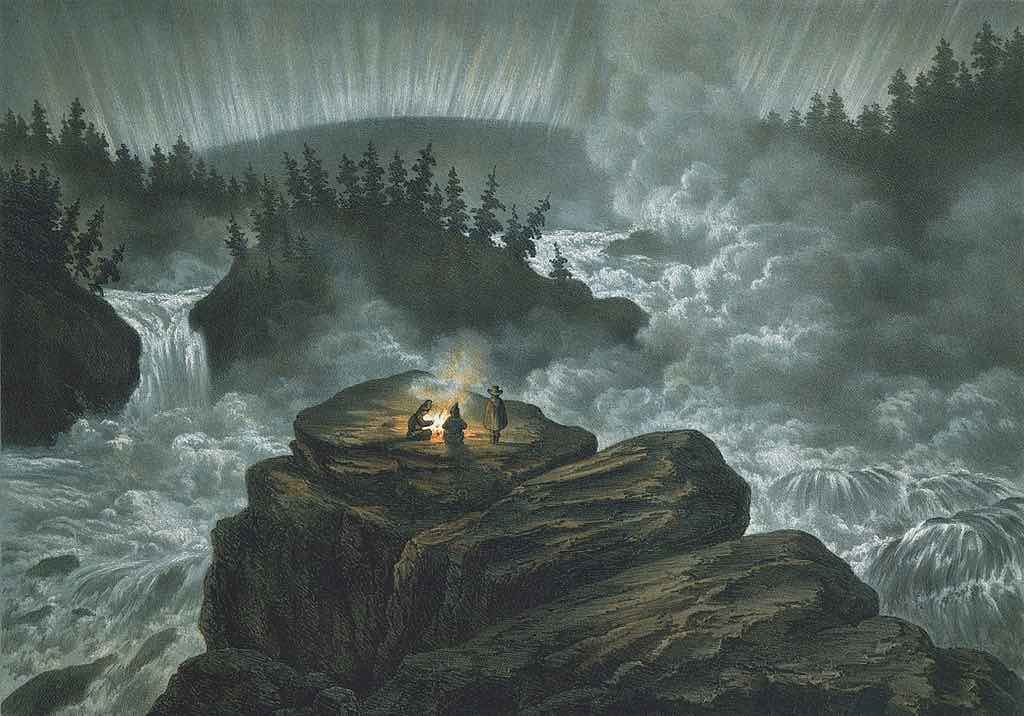
After finishing school I found a mentor who constantly drew on his vast knowledge of literature to suggest books that would help me through my early adulthood. I struggled to find my niche vocationally but with the help of career authors, I found my feet. As a careers counsellor, I was able to pay it forward, offering book recommendations to other pilgrims searching for their professions.
Writing a book about career guidance, I sprinkled book recommendations throughout it. My day job at the time was working in a library where I gained more general exposure to being a book therapist offering recommendations to a wide range of customers.
A couple of years later I took a teaching job, tasked with delivering literacy and numeracy classes to people in drug and alcohol rehab centres. Forced to attend the group meetings and often withdrawing from substances, it wasn’t a very open atmosphere. Instead of diving into formal lessons, I would read them extracts from novelists such as Tim Winton. Like magic, they would inevitably open up about their experiences around toxic masculinity, mentors and other meaningful topics.
Presently, I endorse a range of therapeutic literature during life writing courses I teach or through one on one counselling sessions and retreat programs.
Nothing has illuminated my tour through life more than books. Having found my way into counselling work, combining these two aspects through bibliography has become a joy.
